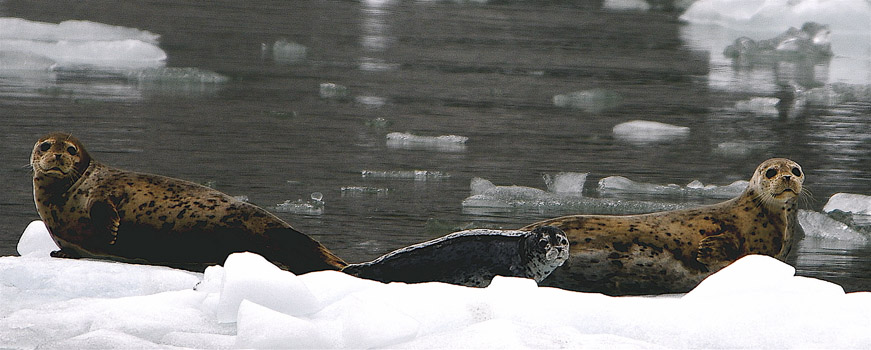A WORD ABOUT US
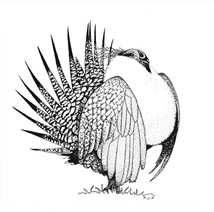 Cloud Ridge Naturalists is one of the oldest
and most respected nonprofit environmental education programs in North America. Over the past three decades, several thousand people have experienced the special blend of natural history education and exploration that Cloud Ridge offers. Moving beyond the “last great place” model that drives traditional eco-tourism remains a key component of our mission. Embarking on our fourth decade, we continue to provide learning opportunities that inspire and enable our participants to become better-informed stewards—not just “snapshot” sojourners of the natural world. Our educational vision embraces a multi-disciplinary perspective well grounded in state-of-the-art science. Just a glance through the biographies of our leaders and guest lecturers should convey the excellence and dedication they bring to everything we do—their expertise and passion for teaching is unsurpassed! Our travels take us to some of the world’s most beautiful wilderness areas—enjoying the wonder but acknowledging that the impacts of global climate change and human-caused environmental degradation transcend international and ecological boundaries. We minimize our travel footprint wherever we go—by small ship, boat, raft, sea kayak, or on foot—and work only with outfitters and guides whose operating principles and environmental ethics parallel our own. Your safety, comfort, and enjoyment are of upmost importance to us—even in the most remote field settings. Our groups are kept small and congenial, creating the best possible atmosphere for learning and discussion. We select classic lodging, boats, or campsites that have a strong sense of place. More than 80% of our participants each year have traveled with us before. That matters to us! We look forward to welcoming new friends and old! Cloud Ridge Naturalists is one of the oldest
and most respected nonprofit environmental education programs in North America. Over the past three decades, several thousand people have experienced the special blend of natural history education and exploration that Cloud Ridge offers. Moving beyond the “last great place” model that drives traditional eco-tourism remains a key component of our mission. Embarking on our fourth decade, we continue to provide learning opportunities that inspire and enable our participants to become better-informed stewards—not just “snapshot” sojourners of the natural world. Our educational vision embraces a multi-disciplinary perspective well grounded in state-of-the-art science. Just a glance through the biographies of our leaders and guest lecturers should convey the excellence and dedication they bring to everything we do—their expertise and passion for teaching is unsurpassed! Our travels take us to some of the world’s most beautiful wilderness areas—enjoying the wonder but acknowledging that the impacts of global climate change and human-caused environmental degradation transcend international and ecological boundaries. We minimize our travel footprint wherever we go—by small ship, boat, raft, sea kayak, or on foot—and work only with outfitters and guides whose operating principles and environmental ethics parallel our own. Your safety, comfort, and enjoyment are of upmost importance to us—even in the most remote field settings. Our groups are kept small and congenial, creating the best possible atmosphere for learning and discussion. We select classic lodging, boats, or campsites that have a strong sense of place. More than 80% of our participants each year have traveled with us before. That matters to us! We look forward to welcoming new friends and old!
A SEA CHANGE...
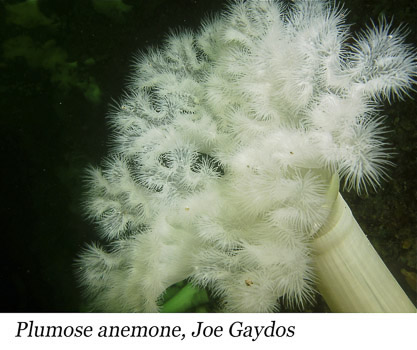 The phrase sea change best describes Cloud Ridge’s new shift in focus to the conservation challenges facing the global ocean realm. But what does the term “global ocean” mean—and why should we care? The world’s five ocean basins—the Pacific, Atlantic, Southern, Indian and Arctic oceans—are interconnected by major surface and deep-water currents in a circulation system that creates a single body of water that covers more than 70 percent of the earth’s surface. The future of all marine life is entrained in this great ocean “conveyor belt” system—in essence, our sole life-support system on Earth. The global ocean is the world’s largest wilderness, with a lineage of life three billion years older than anything above sea level. It is home to wildlife in staggering multi-species aggregations, and its three-dimensional realm is believed to comprise 99 percent of all habitable space. Equally astounding is the fact that a single ounce of seawater is home to as many as 30 billion microorganisms— and still counting. The last two hundred years have seen marine habitats around the world destroyed or transformed beyond recognition. We know that at least 75 percent of the global ocean’s megafauna—large animals such as whales, seals, dolphins, porpoises, sharks, rays, and turtles—have been lost largely due to relentless commercial fishing and hunting. The phrase sea change best describes Cloud Ridge’s new shift in focus to the conservation challenges facing the global ocean realm. But what does the term “global ocean” mean—and why should we care? The world’s five ocean basins—the Pacific, Atlantic, Southern, Indian and Arctic oceans—are interconnected by major surface and deep-water currents in a circulation system that creates a single body of water that covers more than 70 percent of the earth’s surface. The future of all marine life is entrained in this great ocean “conveyor belt” system—in essence, our sole life-support system on Earth. The global ocean is the world’s largest wilderness, with a lineage of life three billion years older than anything above sea level. It is home to wildlife in staggering multi-species aggregations, and its three-dimensional realm is believed to comprise 99 percent of all habitable space. Equally astounding is the fact that a single ounce of seawater is home to as many as 30 billion microorganisms— and still counting. The last two hundred years have seen marine habitats around the world destroyed or transformed beyond recognition. We know that at least 75 percent of the global ocean’s megafauna—large animals such as whales, seals, dolphins, porpoises, sharks, rays, and turtles—have been lost largely due to relentless commercial fishing and hunting.
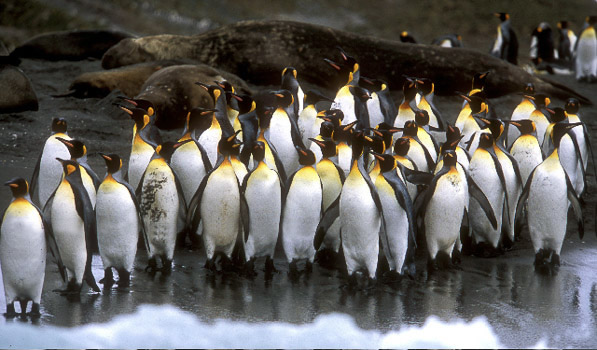
Marine scientists estimate that 90 percent of the world’s biodiversity once resided in the global ocean—and we now know that human actions have degraded ocean ecosystems more in the last thirty years than in all of human history. Cloud Ridge participants have seen dramatic examples of these changes firsthand on our Arctic and Antarctic voyages. Results of the recent Census of Marine Life, a monumental 10-year study undertaken by thousands of scientists to assess the diversity, distribution, and status of the global ocean’s marine life raised warning flags that can’t be ignored. The consequences of inaction are truly profound. We believe that re-focusing Cloud Ridge Naturalist’s educational outreach and research support on a better understanding of the deep interconnections that exist between global climate, the oceans, and all terrestrial ecosystems we can make a difference—and inspire the next generation of ocean stewards!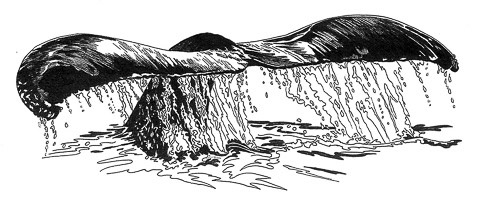 |
